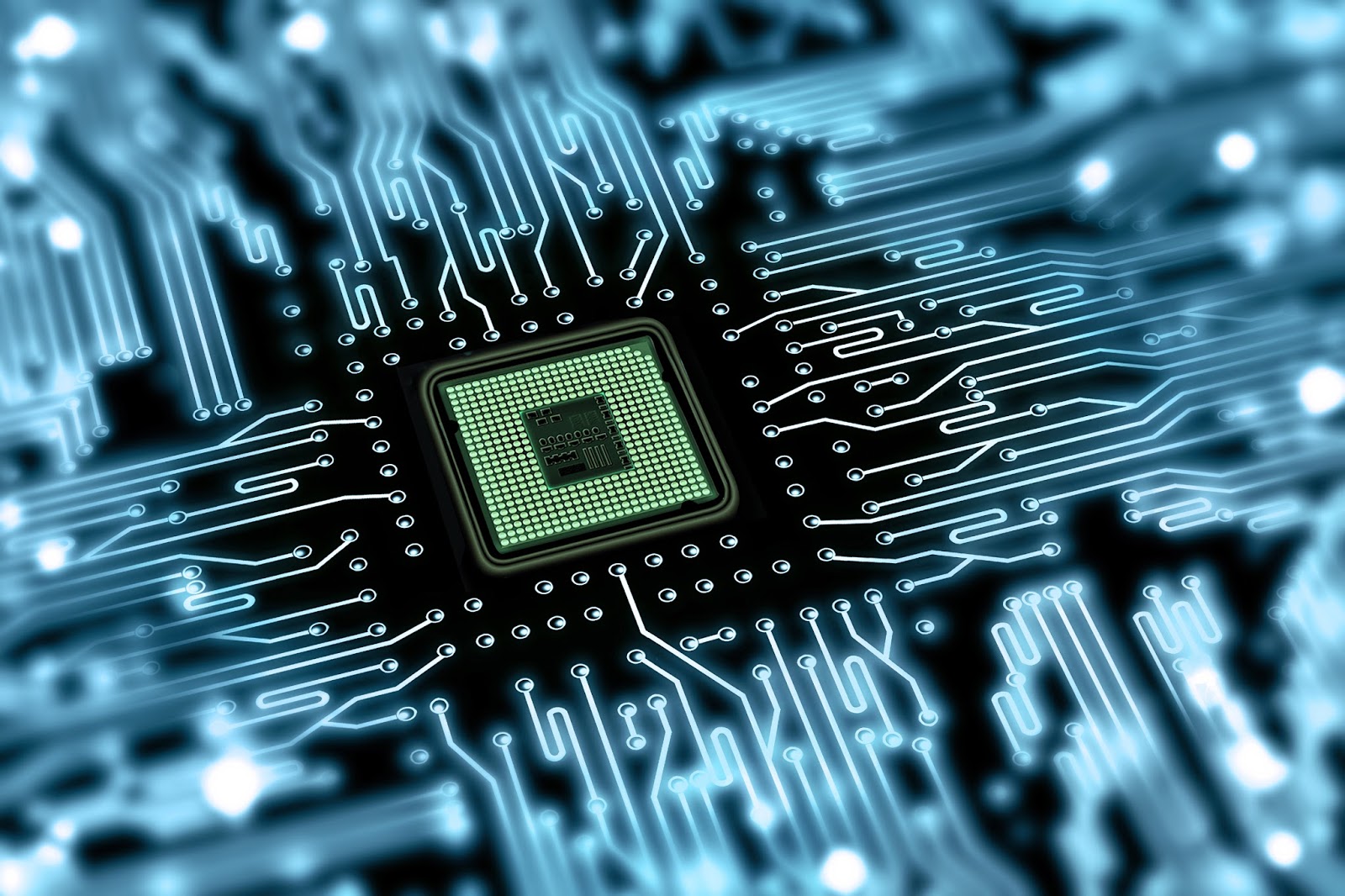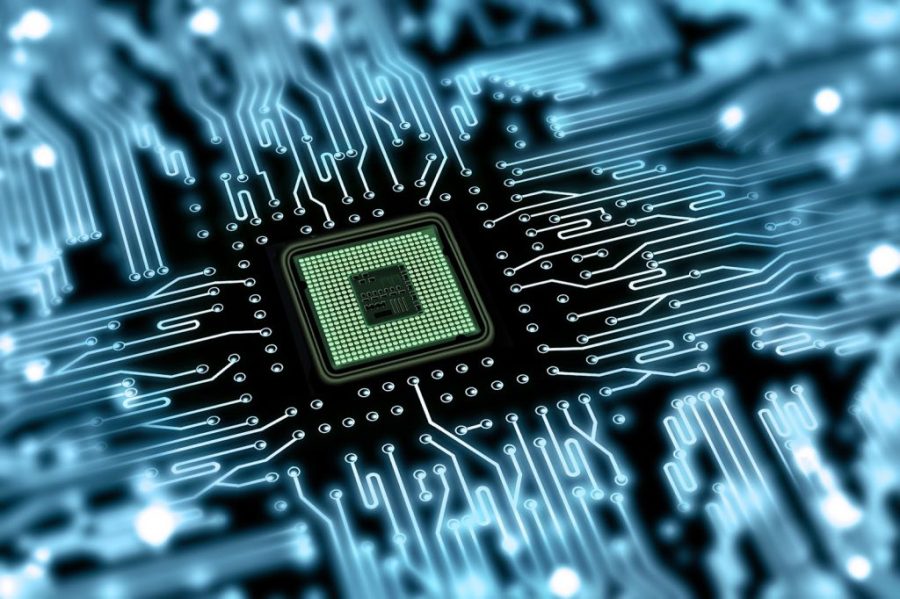Beijing-backed laboratories at the University of Macau are working to help China become less reliant on foreign technology. Their latest project is a microchip that will allow smartphones to recharge batteries in other gadgets.
“Macau is best known for its casino chips, now it is also known for its electronics chips,” said Rui Martins, the vice-rector for research at the University of Macau, which plays host to the city’s two State Key Laboratories – institutes that China relies on to conduct scientific research crucial to national development, according to South China Morning Post.
On the outskirts of the Cotai strip, there are several laboratories that could provide a game-changing push in China’s ambition to challenge the United States’ technological superiority in areas ranging from chips to the cosmos. They could also help the city in its struggle to fulfil Beijing’s wish to diversify its economy, which is heavily dependent on gaming.
In 2017, the Macau government’s total revenue was US$14.6 billion, and 85 per cent came from taxes from gaming.
The state laboratories in Macau have been focusing on micro-electronics and Chinese medicine since 2010. The city could be setting up two more state-level labs this year, as Beijing is set to approve a lab on smart cities and the Internet of Things at the university, as well as another on planetary science at the Macau University of Science and Technology.
Martins, who also leads the University of Macau’s micro-electronics lab, said his colleagues had been training Chinese researchers to develop independent innovation, rather than use reverse engineering to replicate imported chips. “We hope with this system [of training], with some time, the know-how will be in China … In 10 years’ time, probably you don’t need to import from the United States,” the 61-year-old said in a rare interview.
He also said that since 2011, the micro-electronics lab, precisely of analogue and mixed signal VLSI, has been one of the Asian institutions with the most inventions at the IEEE International Solid-State Circuits Conference, also known as the “Chips Olympics”, in San Francisco. Its researchers’ inventions in the past two years include two chips that can help a smartphone to charge another smartphone’s battery wirelessly.
Martins revealed that since 2011, the city’s science and technology development fund had been granting his laboratory US$1.2 million to US$2.5 million a year. In comparison, the University of Hong Kong’s state laboratory on emerging infectious diseases has been receiving US$637,000 annually from the city’s government.
Yet, Martins also hopes that the Macau government can follow in Hong Kong’s footsteps by spending more on research and development (R&D).
In November last year, Chinese medicine was named by Macau Chief Executive Fernando Chui Sai On as one of the “nascent industries” supported by the government.
Martins’ micro-electronics lab has also been trying to transfer technology by cooperating with mainland companies such as HiSilicon, a subsidiary of tech giant Huawei.
Martins said one of the university’s top priorities now was to prepare for the launch of its smart city lab by the year’s end. Beijing officials this year also expressed support for the Macau University of Science and Technology’s application for its lunar and planetary science lab to be recognised as a State Key Laboratory. The central government is expected to issue its official approval this year.
Macau University of Science and Technology president Liu Liang also said he hoped there could be more collaboration among scientists in Macau, Hong Kong and mainland China. Liu is a co-director of Macau’s state-level Chinese medicine laboratory.





